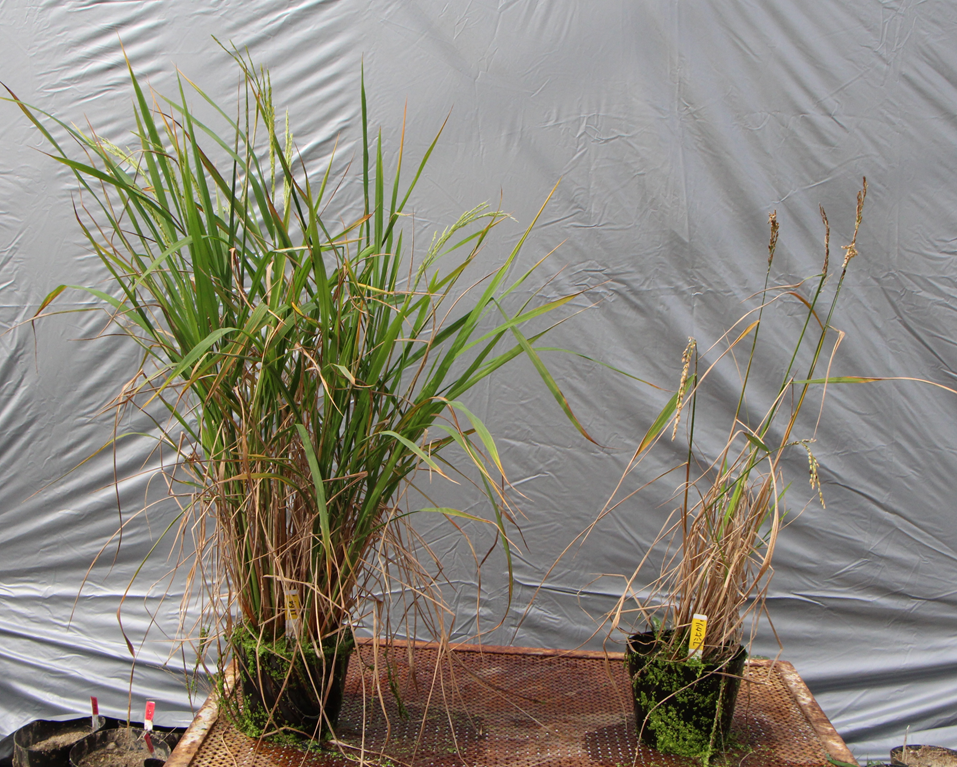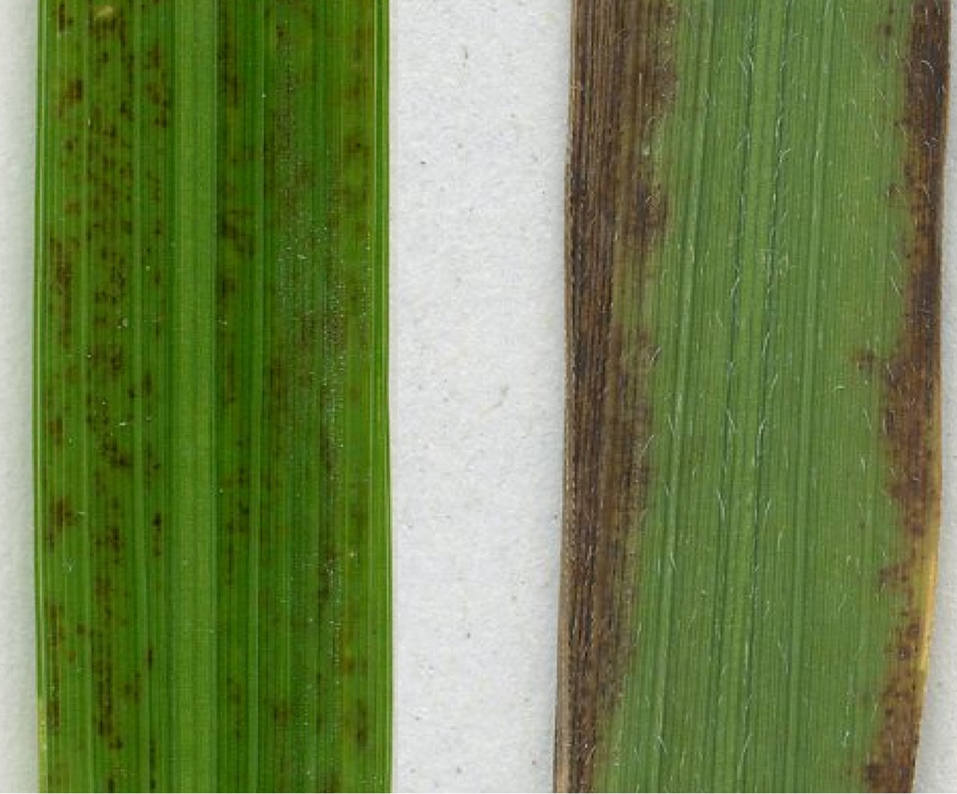Crop Science
 |
|
|---|
Studies on improving salt tolerance of crops
Various genes and physiological mechanisms are involved in the salt tolerance of rice. However, many aspects remain unclear, and the breeding of salt-tolerant varieties has not significantly advanced. To address this, we are focusing on understanding the physiological and morphological traits that improve the productivity of rice under salt-stress conditions. We also aim to identify genes affecting salt tolerance involved in the yield traits of rice. We are conducting analyses using chromosome segment substitution lines derived from salt-sensitive and tolerant varieties.
 |
|
|---|
Agronomic study for tolerance to nutrient stress under full irrigated lowland field in rice
In full irrigated lowland field, multiple nutritional problems, including excess iron or sulfide, decrease rice yield. They cause in acidic sulfate soils in Asia and Africa and in highly reduced soils in Japan, and tolerant varieties are essential. Focusing on the rice leaf bronzing and root morphological traits, we try to clarify the genetic and physiological mechanism for tolerant to nutritional disorders, and effect for rice yield. Based on these points, we aim to develop tolerant varieties and cultivation techniques.


